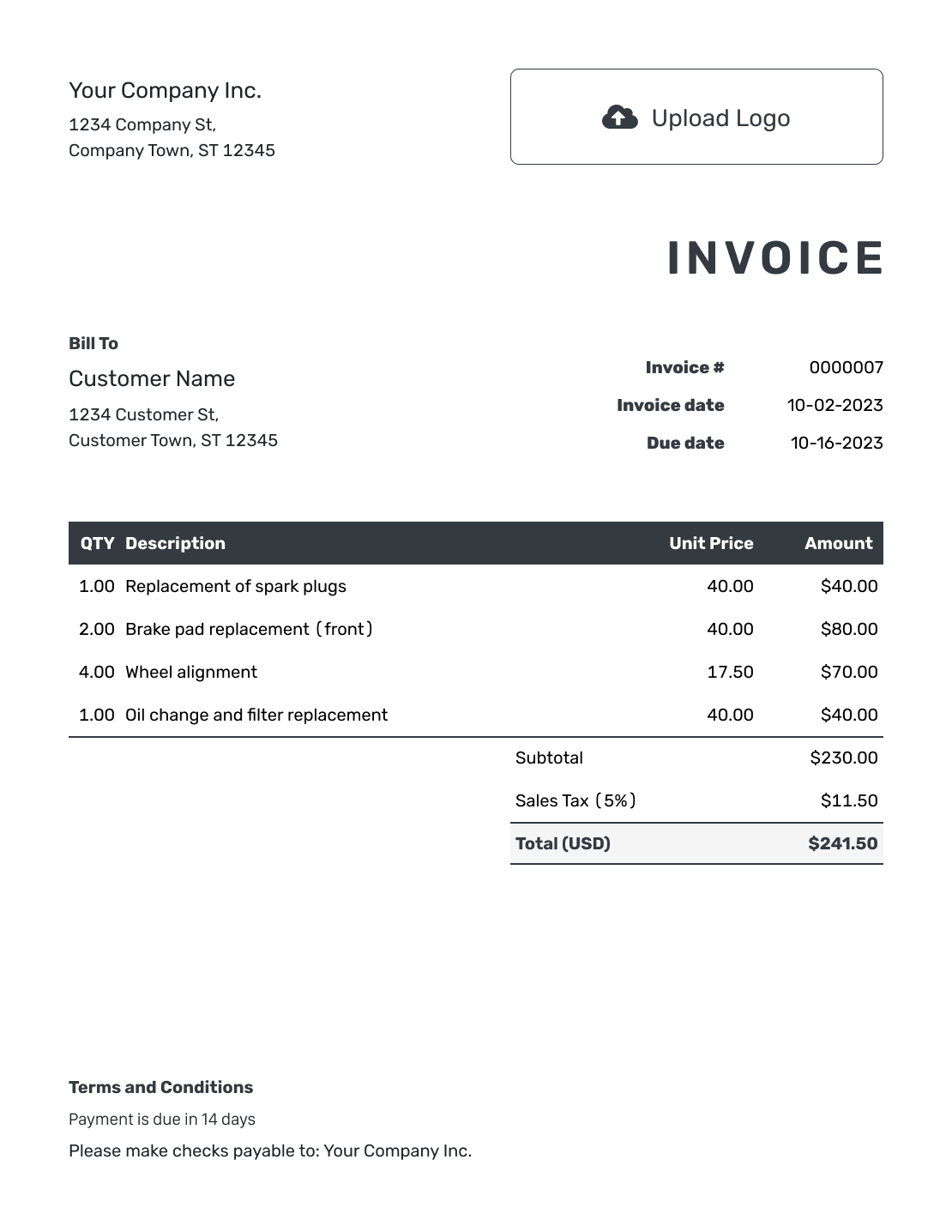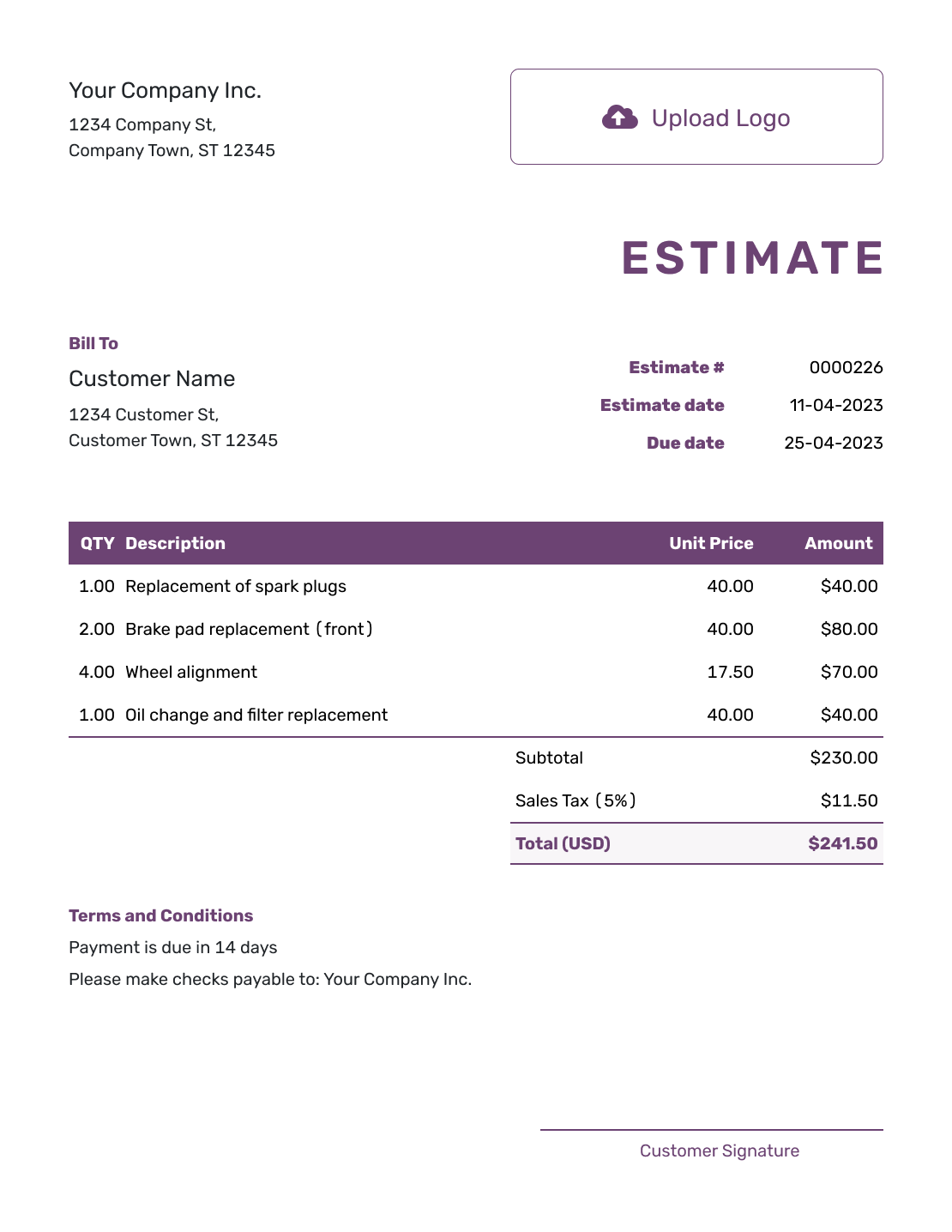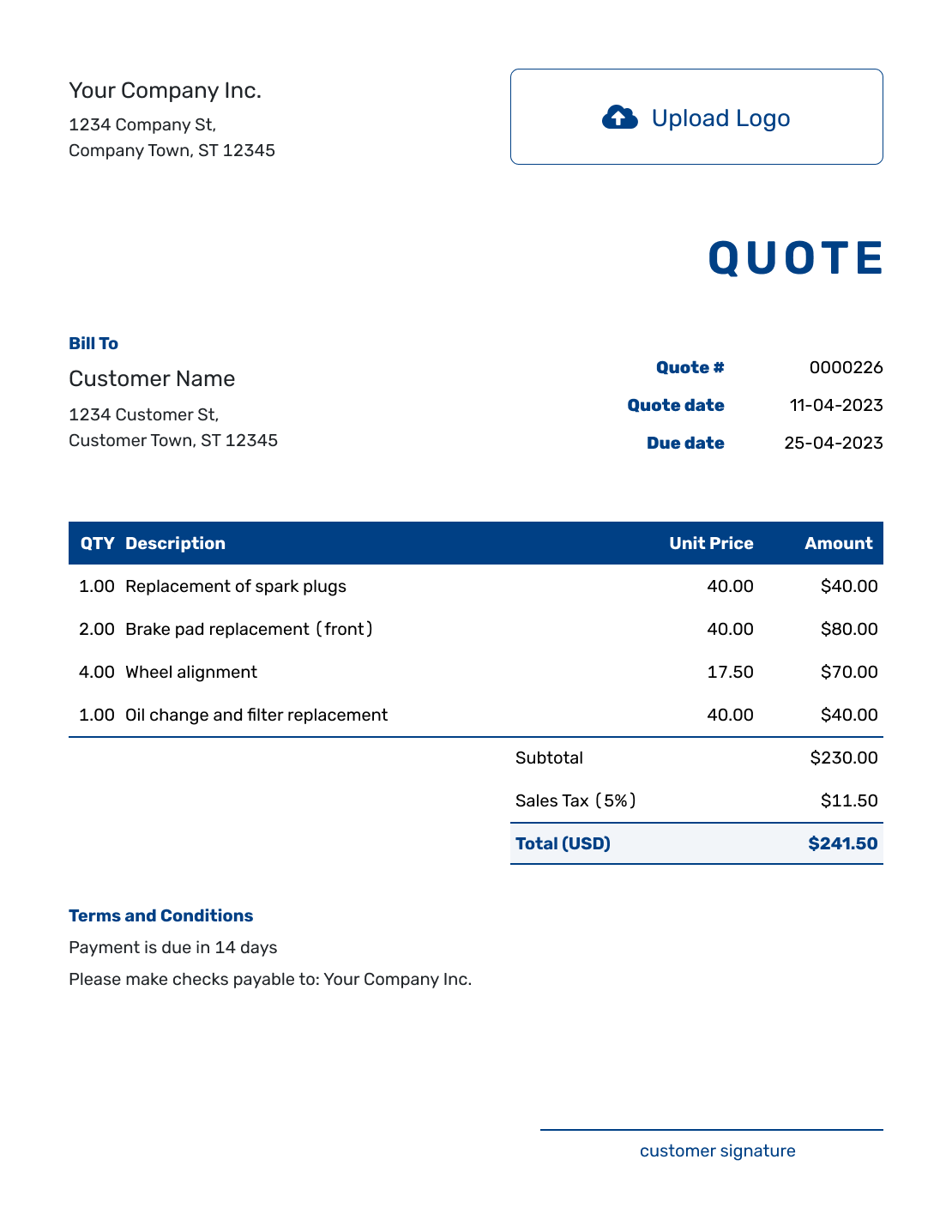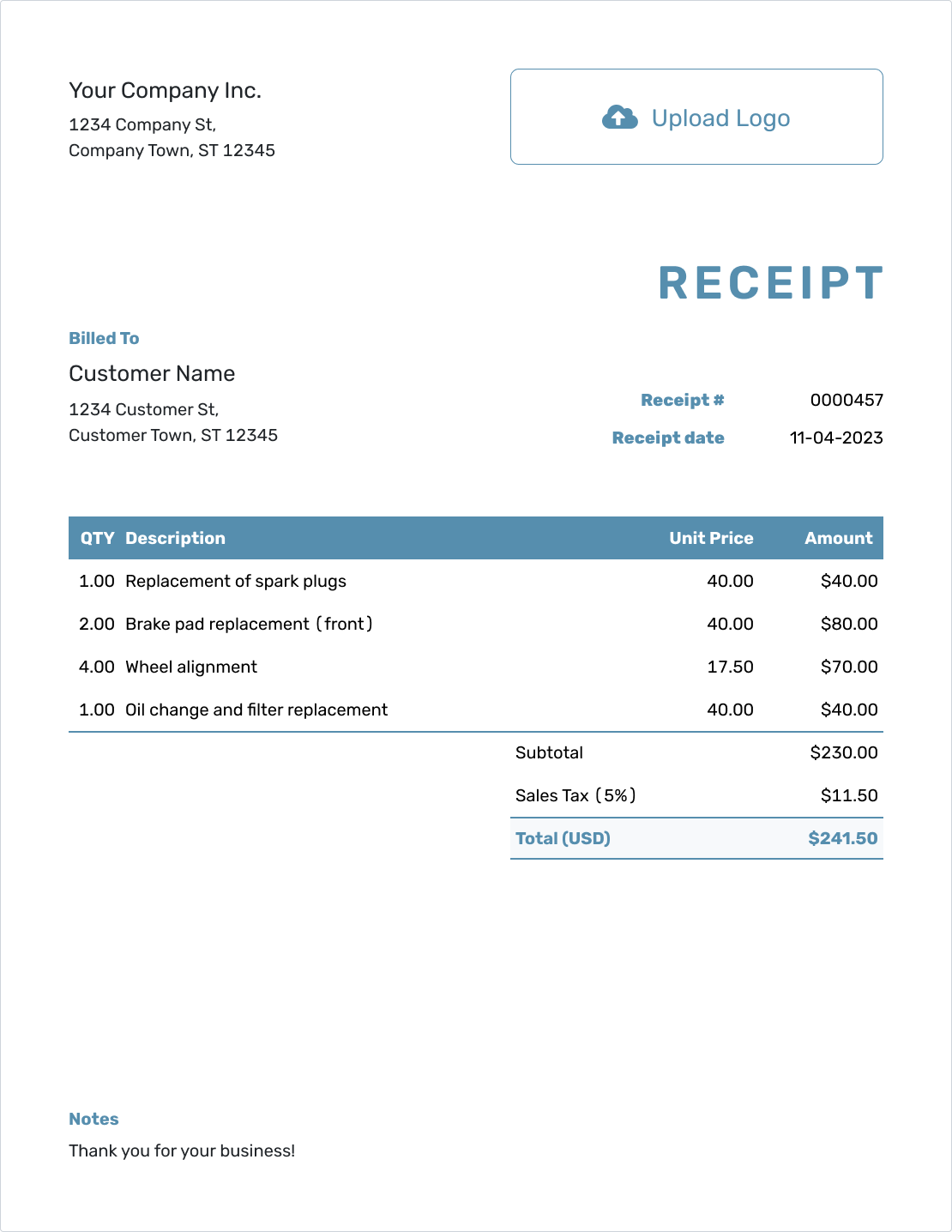Stay Productive and Profitable
How to Handle Slow Seasons in a Seasonal Service Business
Est. reading time: 11 min

For many service professionals—like snow removal teams, landscapers, or painters—business can come and go with the seasons. But slow seasons don’t have to mean idle time. With smart strategies, you can stay productive, boost cash flow, and prepare for a busier year ahead.
Why Slow Seasons Happen
Many service businesses face fluctuations based on weather, demand, or customer habits. For example:
- Snow Removal: Work peaks during winter but slows down in warmer months.
- Landscaping and Tree Trimming: Demand increases in spring and summer but drops in fall and winter.
- Catering: Holiday seasons are packed, but mid-year might see a slowdown.
Recognizing these cycles allows you to plan ahead and make the most of quieter months.
How to Stay Productive During Downtime
1. Maintain Your Equipment
Use slow seasons to service, repair, or replace tools and equipment. For example, a snowplow operator can inspect machinery in summer to ensure everything runs smoothly next winter.
2. Focus on Training and Upskilling
Downtime is perfect for improving your skills or training employees. Consider certifications, safety training, or learning new techniques that help your business stand out.
3. Update Your Paperwork
Catch up on your invoicing and receipts. Tools like Docelf’s invoice template and receipt template make it easy to organize your records. Keeping things up to date during downtime ensures you start the busy season with no paperwork headaches.
4. Improve Your Marketing
Use slower periods to update your website, create flyers, or post on social media. Offer special discounts, or let customers know you’re booking work for the upcoming season. You can also prepare quotes and estimates ahead of time for potential clients.
5. Build Partnerships
Partner with related businesses to share leads or offer bundled services. For instance, a painter might team up with a cleaning company to offer pre-move-in packages.
Managing Finances During Downtime
Cash flow can slow down during seasonal dips, so planning ahead is key. Here’s how to stay financially strong:
1. Plan for Off-Season Expenses
Set aside money during your busy months to cover expenses in slower periods. Keep track of your income and expenses with tools like Docelf’s invoices and receipts.
2. Offer Off-Season Promotions
Encourage customers to book ahead by offering special rates or bundled deals. For example, a landscaping business could offer discounts for spring lawn care booked in winter.
3. Diversify Your Services
Offer complementary services during your slow season. A tree trimming company could provide firewood delivery, or a moving company could offer storage solutions.
4. Follow Up on Overdue Payments
Use downtime to chase unpaid invoices. With Docelf’s invoice template, you can send clear, professional reminders and keep track of overdue payments.
How Docelf Helps
Managing slow seasons doesn’t mean you stop being productive. Docelf gives you the tools to stay organized, professional, and ready for your busy months:
- Streamline Invoicing: Send clear and professional invoices to track your income efficiently.
- Manage Quotes and Estimates: Prepare for upcoming jobs with accurate quotes and estimates.
- Organize Receipts: Use Docelf’s receipt template to track expenses and keep your records tidy.
- Stay Ahead of the Game: Plan future projects, manage payments, and keep your business running smoothly during downtime.
Ready to take control of your seasonal business? Try Docelf for free and see how it simplifies your invoicing and paperwork. Sign up today and make slow seasons a time for growth!




